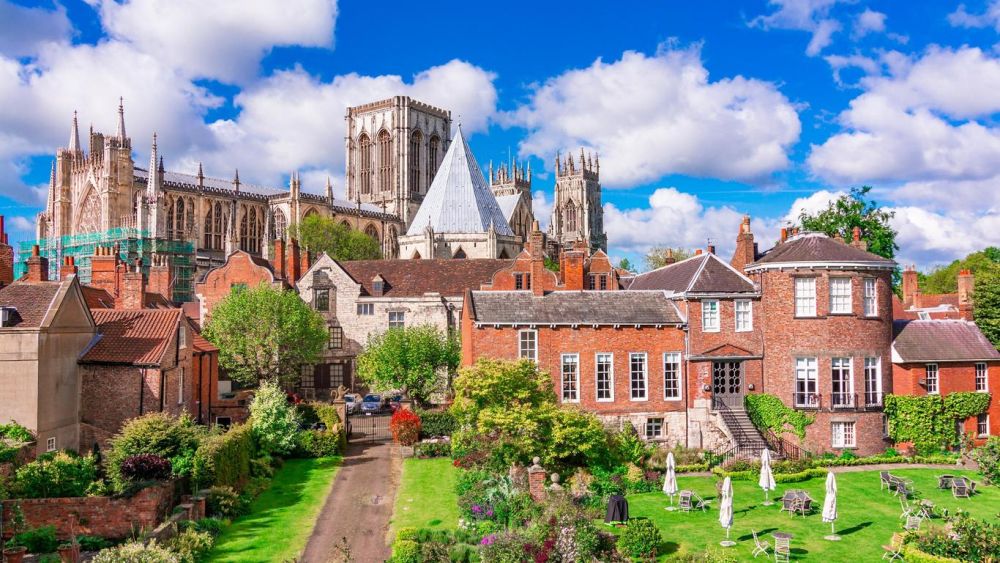

York, a city with an incredibly rich history dating back to Roman times, has long been a focal point for tourism in the United Kingdom. Its monumental architecture, preserved historical sites, and cultural festivals have made it a favorite amongst travelers who thirst for knowledge of England's storied past.
The tourism history in York can be traced back to the 18th and 19th centuries when the city began to be recognized for its stunning Georgian architecture and ancient Roman roots. However, it was the Victorian era, with its fascination for medieval history and gothic architecture, that sparked a real boom in York's tourism. The reopening of York Minster after its restoration in the mid-19th century played a significant part in drawing visitors from across the nation and beyond.
In the 20th century, York continued to build on its appeal to tourists. The establishment of the York Castle Museum in 1938 and the Yorkshire Museum in the mid-1950s provided new destinations for those keen to discover the city's past. The latter half of the century saw the opening up of The Shambles, once a street of butchers' shops, now a picturesque tourist favorite, known for its well-preserved Elizabethan architecture.
In the 1980s and 1990s, York capitalized on the growing trend of heritage tourism. The Jorvik Viking Centre opened in 1984 and was a watershed in immersive historical experiences, allowing visitors to step back in time and experience life in Viking-era York. Furthermore, the restoration of the historic railway station and the opening of the National Railway Museum signified York's growing recognition of the potential in harnessing its history for tourism.
Recent trends in York's tourism have been shaped by efforts to offer varied and interactive experiences. The rise of "experience" tourism has seen the development of attractions such as the York Dungeon and the annual York Chocolate Festival, celebrating York’s confectionery heritage. Moreover, York's Christmas Market and the famous York Races are major draws for both domestic and international tourists.
With the introduction of digital advancements, York has also embraced virtual tourism. During the COVID-19 pandemic, many of York's historic sites offered virtual tours to continue engaging with people all around the world. Sustainability and environmentally responsible tourism have become increasingly important, as the city has made efforts to preserve its natural and historical heritage while accommodating visitors.
York's blend of ancient history, cultural authenticity, and adaptability to modern tourist trends continues to secure its place as a premier destination. Looking forward, York is poised to remain a historic jewel within the UK's crown of tourist destinations, as it finds new ways to enhance visitor experiences while preserving its irreplaceable heritage. As travel habits evolve, York will surely adapt and continue its story as one of England's most cherished cities.